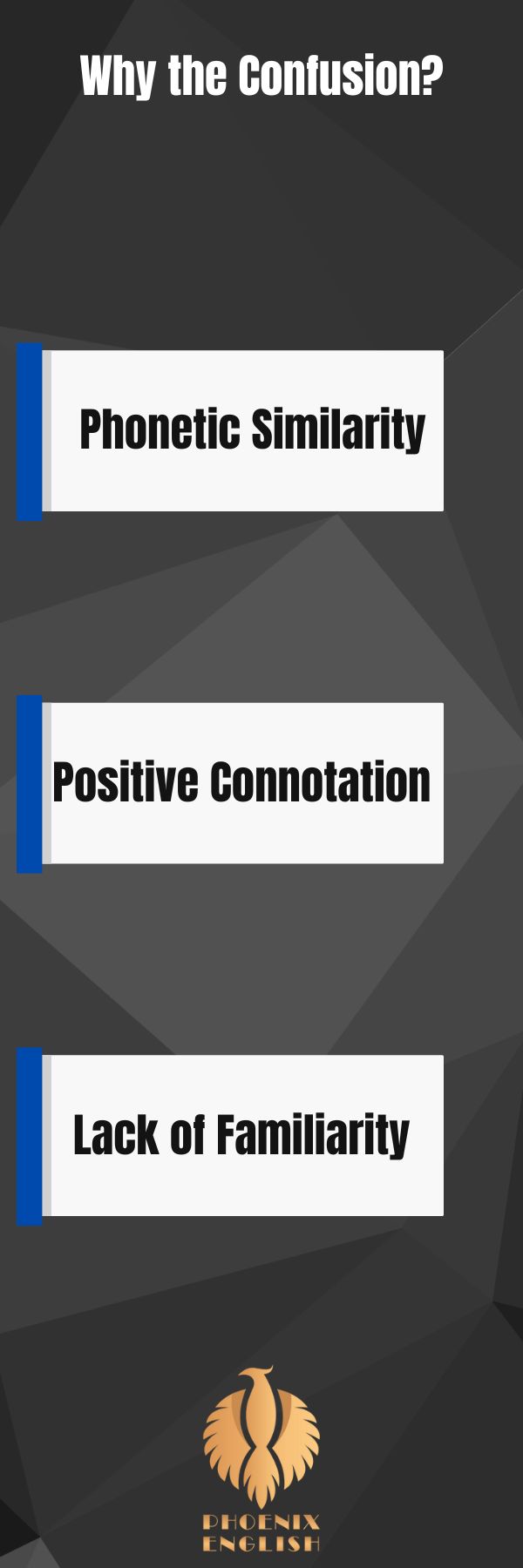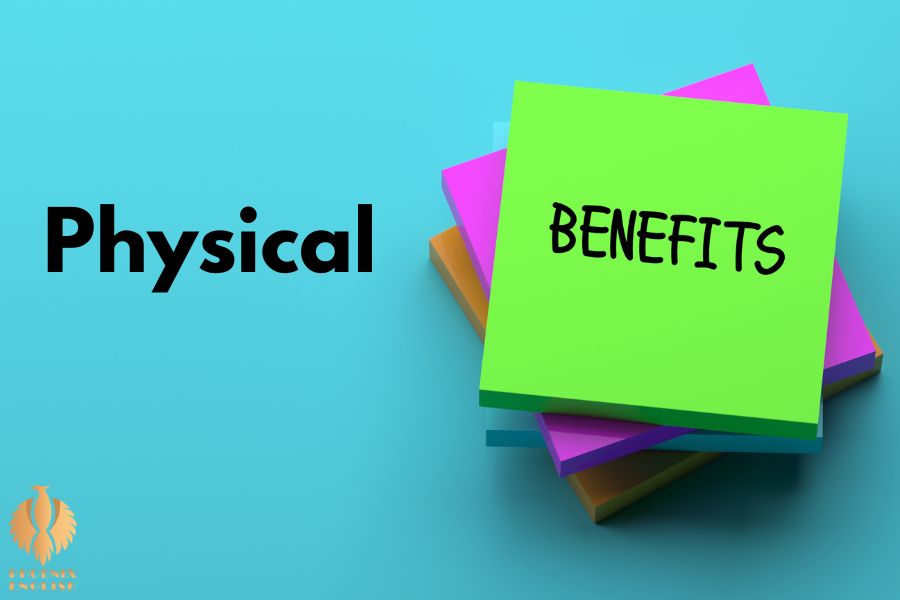“grateful” is the correct spelling of the word that expresses thankfulness or appreciation, while “greateful” is a common misspelling.
Understanding the proper usage and spelling of “grateful” is essential for effective communication, as it conveys a positive sentiment and reflects an important aspect of social interaction.

Important Points:
- Correct Spelling: The correct spelling is “grateful,” which is derived from the word “grace.”
It is an adjective that signifies a feeling of appreciation for something received or an acknowledgment of kindness.
The misspelling “greateful” does not exist in standard English and should be avoided in both writing and speech.
- Usage in Sentences: “Grateful” can be effectively used in a variety of contexts to express appreciation.
For example, “I am grateful for your help” or “She felt grateful for the support of her friends during tough times.”
These examples illustrate how the term can be integrated into everyday conversations.
- Emotional Connotation: The word “grateful” carries a positive emotional weight.
Using it correctly can enhance communication by allowing individuals to express genuine appreciation.
Misusing “greateful” not only reflects a lack of attention to detail but can also weaken the intended sentiment.
- Common Mistakes: A frequent error among English learners is confusing “grateful” with “great” due to their similar sounds.
Being aware of this potential mix-up is crucial for mastery of the word and its accurate application.
- Related Terms: Exploring related terms such as “gratitude” (the noun form) can help deepen understanding.
An example sentence could be, “She expressed her gratitude in a heartfelt note.” Recognizing the connection between “grateful” and “gratitude” can provide a fuller grasp of the concept.
You might also enjoy:Which of the Following: Definition + Complete Usage + Grammar
As we examine the topic of “Grateful or Greateful? Correct Spelling + Examples + Differences,” this guide will provide a thorough exploration of the correct spelling, contextual uses, and emotional implications of “grateful.”
We will employ modern teaching techniques to engage learners, encouraging them to practice and internalize the correct form effectively.
—
In the study of English vocabulary, mastering the nuances of spelling and meaning is pivotal, especially when it comes to expressing emotions like appreciation.
The distinction between “grateful” and the misspelling “greateful” serves as a key lesson in the importance of accuracy in language.
Utilizing an interactive approach reflects the essence of modern learning methodologies, allowing students to engage with the material actively.
For instance, employing the 2025 Teaching Way emphasizes not only rote memorization but also real-world application, ensuring that students can confidently incorporate the term into their spoken and written English.
At its core, “grateful” embodies the sentiment of thankfulness, an essential feeling in personal and professional relationships.
Phrases such as “I am grateful for all the opportunities I have received” highlight the word’s importance in conveying appreciation.
In contrast, the misspelling “greateful” may inadvertently confuse listeners and readers, detracting from the intended positive message.
As we delve into the differences and usage of “grateful,” we aim to furnish learners with a comprehensive understanding of its correct application.
Through targeted examples and engaging exercises, individuals can strengthen their grasp of gratitude’s expression, enhancing their communication skills and enriching their interactions with others.
It is our objective to ensure that “grateful” becomes a natural part of vocabulary, seamlessly integrated into everyday language.
You Might Also Enjoy:Reinforce Vs Reenforce: 10 Differences + Examples [2025]
Grateful: The Correct Spelling
The correct spelling is grateful. This word is derived from the Latin word gratus, which means pleasing or thankful. Grateful is an adjective used to express thankfulness and appreciation.
When you are grateful, you feel a deep sense of gratitude towards someone or something for the benefits or kindness received.
Examples of Grateful
1. Thankfulness for Help: I am grateful for your assistance with the project.
2. Appreciation of Kindness: She felt grateful for the support from her friends during difficult times.
3. Acknowledgment of Effort: We are grateful to all the volunteers who made the event possible.
Greateful: A Common Misspelling
Greateful is a common misspelling of grateful. This error likely arises from the word great, which is phonetically similar to grate. People might assume that since great has a positive connotation and shares a similar pronunciation, greateful would be the correct spelling when expressing thankfulness.
However, this is incorrect. Greateful is not a recognized word in the English language and should be avoided in formal and informal writing.
You might also enjoy: Paid Vs Payed : Differences + Examples [My 2024 Teaching Way]
Why the Confusion?

The confusion between grateful and greateful can be attributed to a few factors:
1. Phonetic Similarity: The pronunciation of grateful might lead some to think it is related to
great. However, grateful derives from grate, which ties back to feelings of gratitude rather than greatness.
2. Positive Connotation: The word great is often associated with positive feelings, leading some to incorrectly assume that greateful would be the logical way to express a positive emotion like gratitude.
3. Lack of Familiarity: For non-native English speakers, the irregularities in English spelling and word formation can lead to such mistakes.
Avoiding the Error
To avoid this common spelling mistake, it’s helpful to remember the root of the word grateful.
Since it comes from the Latin gratus, keeping this origin in mind can help reinforce the correct spelling.
Additionally, frequent reading and writing can improve your familiarity with proper spellings over time.
The Meaning of Grateful To fully grasp why grateful is the correct spelling, it is essential to understand its meaning and use in various contexts.
Being grateful is more than just saying thank you it is a profound acknowledgment of the positive impact someone or something has had on your life.
You might also enjoy:Where Does “How is your Day Going?” Originate From?
Contextual Examples of Grateful

1. Personal Gratitude
Personal gratitude often involves recognizing and appreciating the kindness or assistance of others in our lives. This could be family members, friends, mentors, or even strangers whose actions have positively affected us.
● Example: I am deeply grateful to my parents for their unwavering support and encouragement throughout my education.
● Example: After the accident, I felt grateful to the bystander who stayed with me until help arrived
2. Professional Gratitude
In a professional context, expressing gratitude can enhance workplace relationships, foster a positive environment, and build a culture of appreciation.
● Example: We are grateful to our clients for their continued trust and business.
3. General Thankfulness
General thankfulness can be directed towards any aspect of life that brings joy, comfort, or improvement. This could be health, opportunities, or even life's simple pleasures.
You might also enjoy:Interested In or On: The Differences + Examples [2025]
The Role of Gratefulness in Daily Life
Gratefulness plays a significant role in our daily interactions and overall well-being. Cultivating an attitude of gratitude can lead to numerous psychological and physical benefits.
Psychological Benefits
1. Enhanced Well-Being: Regularly feeling and expressing gratitude can boost overall happiness and life satisfaction.
2. Reduced Stress: Grateful individuals often experience lower levels of stress and anxiety.
3. Improved Relationships: Expressing gratitude can strengthen relationships by showing others that their efforts and presence are valued.
● Example: I always make it a point to thank my partner for their support, which has brought us closer together.
You might also enjoy:What Kind of Vs What Kinds of – Differences + Examples [2025]
Physical Benefits

1. Better Sleep: Grateful people tend to sleep better, as gratitude reduces negative thoughts that can interfere with sleep.
● Example: Since I started keeping a gratitude journal, my sleep quality has improved significantly.
2. Stronger Immune System: A positive mindset, fostered by gratitude, can boost the immune
system and overall health.
3. Lower Blood Pressure: Practicing gratitude can lead to lower blood pressure, contributing to better cardiovascular health.
Expressing Gratefulness
Knowing how to spell and understand grateful is only part of the equation. Effectively expressing gratefulness in various scenarios can significantly impact personal and professional relationships.
Here are some ways to express gratitude:
Verbal Expressions
Verbal expressions of gratitude can be direct and impactful. Whether in person or over the phone, a heartfelt thank you can go a long way.
● Example: I am so grateful for your kindness. It meant a lot to me.
Written Expressions

Written expressions, such as thank-you notes or emails, provide a tangible way to show appreciation. These can be cherished and revisited by the recipient.
● Example: Dear Sarah, I am writing to express my deep gratitude for your support during my recent transition. Your advice and encouragement made a significant difference.
● Example: Thank you so much for the lovely gift. I am truly grateful for your thoughtfulness.
Public Acknowledgment
Publicly acknowledging someone’s efforts in a meeting, event, or social media can amplify the impact of your gratitude and show others the value of appreciation.
● Example: I would like to take a moment to thank John for his exceptional work on the marketing campaign. His dedication and creativity were crucial to our success.
● Example: Feeling incredibly grateful to my amazing team for their hard work and commitment. Couldn’t have achieved this without you all!
Acts of Kindness
Sometimes, actions speak louder than words. Showing gratitude through acts of kindness can be a powerful way to express appreciation.
● Example: As a thank you for helping me move, I’d like to take you out to dinner this weekend.
You might also enjoy:Too Cute Meaning Vs To Cute (To Vs Too) + Examples
The Importance of Gratefulness in Professional Settings

Gratefulness is not just a personal virtue; it plays a crucial role in professional settings as well. Cultivating a culture of gratitude in the workplace can lead to a more positive, productive, and collaborative environment. Enhancing Employee Morale Employees who feel appreciated are more likely to be satisfied with their jobs, leading to higher morale and productivity.
● Example: Our company’s tradition of recognizing outstanding employees has fostered a culture of gratitude and boosted overall morale.
Strengthening Team Cohesion
When team members express gratitude towards each other, it strengthens their bonds and promotes a sense of unity and cooperation.
● Example: Our team’s practice of thanking each other for contributions has created a strong, cohesive unit that works well together.
● Example: I am grateful to my colleagues for their collaboration on this project. Their teamwork made all the difference.
Building Stronger Client Relationships
Expressing gratitude to clients can enhance relationships and foster loyalty, showing that you value their business and trust.
Overcoming the Challenge of Expressing Gratefulness
While the importance of gratitude is well recognized, many people find it challenging to express gratefulness regularly. Here are some strategies to overcome this challenge:
Keeping a Gratitude Journal
Maintaining a gratitude journal where you regularly write down things you are grateful for can help reinforce a habit of appreciation.
● Example: Keeping a gratitude journal has made me more aware of the positive aspects of my life, and I find it easier to express my gratitude to others.
Setting Reminders

Setting reminders to thank people can ensure that expressions of gratitude become a regular part of your routine.
● Example: I set a weekly reminder to send a thank-you note or message to someone who has helped me or made a difference in my life.
Practicing Mindfulness
Mindfulness practices, such as meditation, can increase awareness of the present moment and the positive elements within it, fostering a natural sense of gratitude.
● Example: Mindfulness meditation has helped me become more present and appreciative of the kindness and support I receive.
Seeking Feedback
Asking for feedback from others on how often and effectively you express gratitude can provide insights and areas for improvement.
● Example: I asked my colleagues for feedback on my expressions of gratitude and learned that while they appreciate my efforts, I could be more specific in my acknowledgments.
You might also enjoy:How Are You Fairing or Faring? Differences + Examples
Conclusion
In summary, understanding the difference between grateful and greateful is essential for clear and effective communication. Grateful is the correct spelling, reflecting a sense of thankfulness and appreciation, while greateful is a common misspelling.
Being mindful of the correct spelling and meaning of grateful helps in conveying your sentiments accurately. Expressing gratefulness is a powerful tool in personal and professional interactions.
It enhances well-being, strengthens relationships, and fosters a positive environment. Whether through verbal or written expressions, public acknowledgment, or acts of kindness, showing gratitude can have a profound impact.
By incorporating practices such as keeping a gratitude journal, setting reminders, and seeking feedback, we can overcome the challenges of expressing gratefulness and making it a regular part of our lives.
Embracing an attitude of gratitude not only enriches our own lives but also positively influences those around us.

Hi, welcome to my blog! My name is Omid and I am thrilled to have you here! I am an English language teacher with 12 years of experience and hold multiple international certifications (TESOL, IELTS, TOEFL, PTE, CELTA). Additionally, I hold a PhD in Applied Linguistics with a specialization in Teaching English as a Second Language (TESL), which fuels my passion for teaching English and assisting others in mastering the language. To me, nothing is more rewarding than helping individuals enhance their English language abilities through various methods. So, let’s embark on this journey of learning English together.




